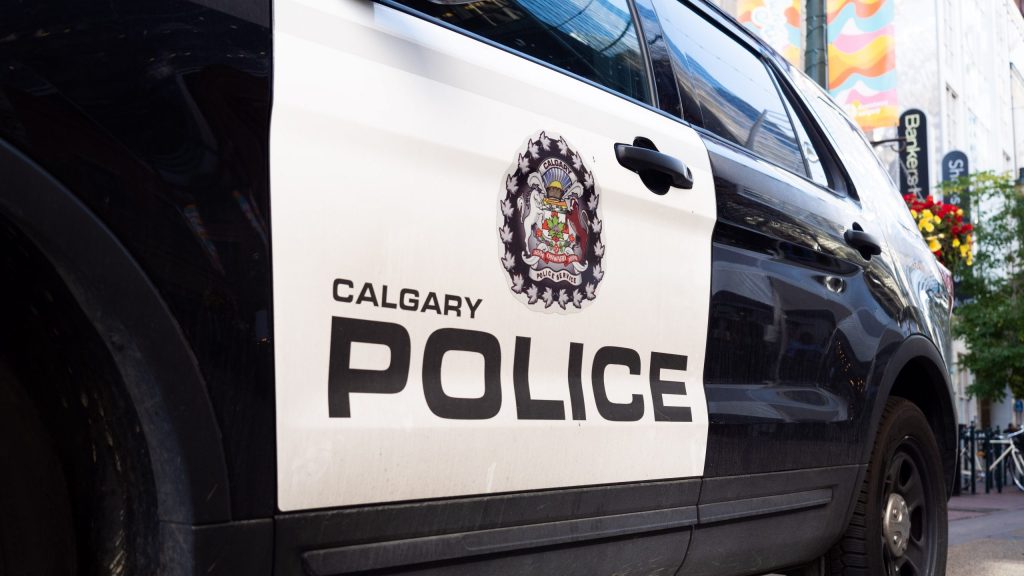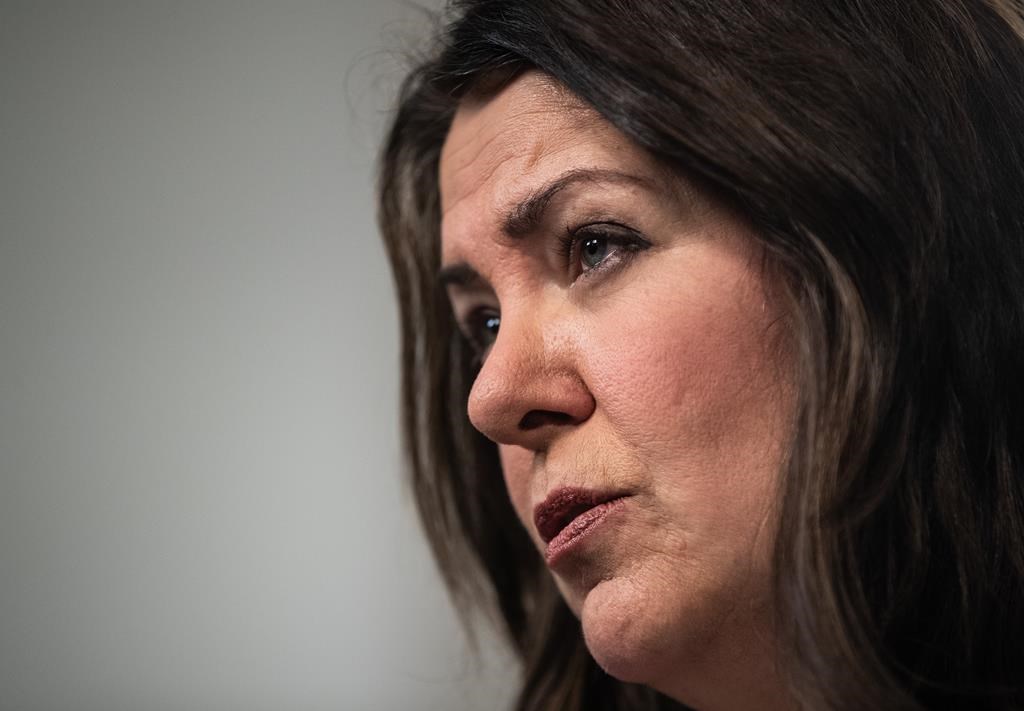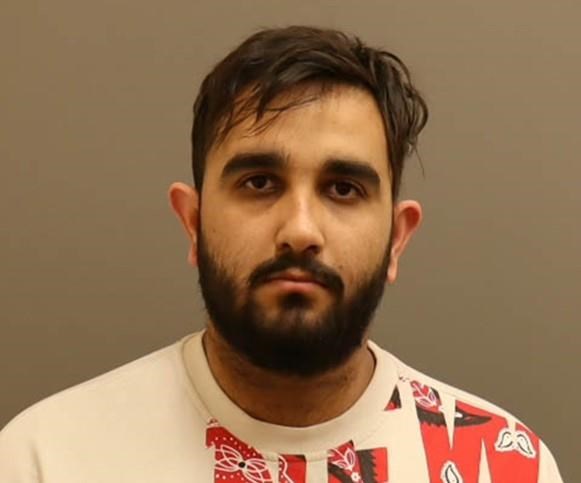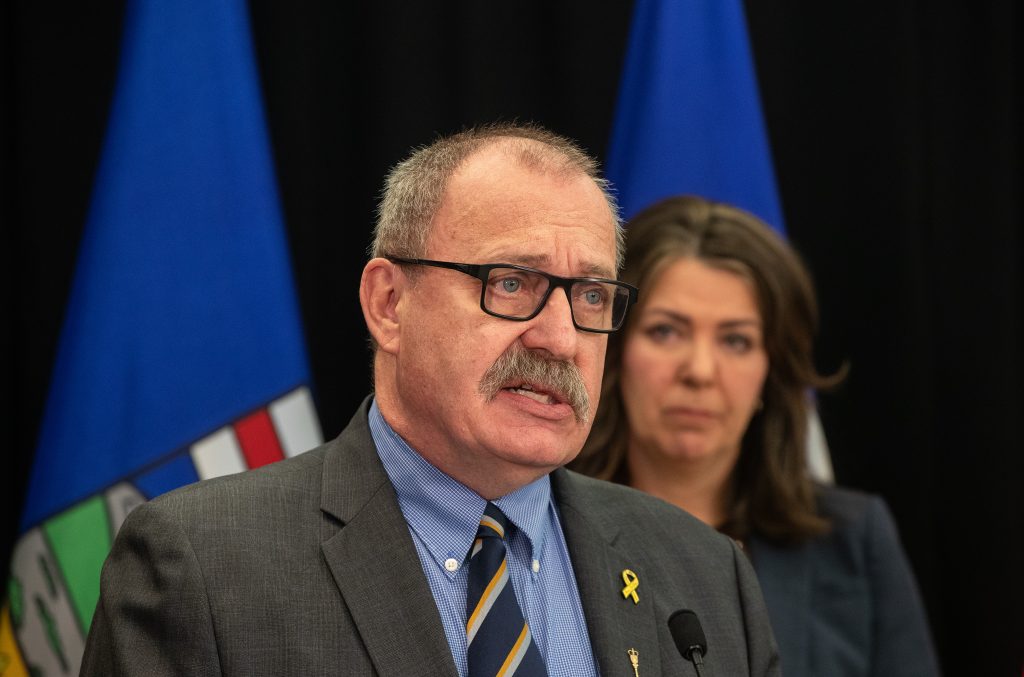No federal solution to anti-pipeline rail blockades
Posted Feb 17, 2020 11:11 am.
Last Updated Feb 17, 2020 4:33 pm.
OTTAWA (NEW 1130) – Prime Minister Justin Trudeau and his cabinet members ended an emergency meeting Monday in Ottawa to find an end to ongoing rail blockades after just 90 minutes.
While some cabinet ministers say it was a productive session, it remains unclear what the federal government can do to end the blockades that have paralyzed the movement of goods for nearly two weeks.
The blockages are in opposition to Coastal GasLink’s natural gas pipeline through Wet’suwet’en territory in northern B.C.
Trudeau said the finance minister, minister of safety and the two ministers in charge of Crown-Indigenous relations and Indigenous services were present at the emergency meeting. But there were no known B.C. MP’s in attendance.
Trudeau cancelled his planned trip to Barbados, to pitch Caribbean leaders on why Canada should get a seat on the United Nations Security Council, to meet with the Incident Response Group.
Tomorrow morning, I’ll convene an Incident Response Group meeting with @MarcMillerVM, @Carolyn_Bennett, @MarcGarneau, @BillBlair, @cafreeland, @pablorodriguez & @Bill_Morneau to address infrastructure disruptions across the country & discuss the path forward. Details to follow.
— Justin Trudeau (@JustinTrudeau) February 16, 2020
The group was described upon its inception in 2018 as a “dedicated, emergency committee that will convene in the event of a national crisis or during incidents elsewhere that have major implications for Canada.”
Among the implications of the blockades, officers arrested around 50 protesters near the Vancouver and Delta ports last week after a court order was granted.
West Coast Express service was halted Thursday afternoon and Friday morning due to anti-pipeline protests along the CP Rail tracks near Pitt Meadows and Port Coquitlam.
Protesters set up blockades in other parts of the country last week, forcing Via Rail to cancel all scheduled trips across Canada. CN Rail also suspended service in eastern Canada.
Injunctions have been granted to CN to remove the blockades.
Minister of Transport Marc Garneau released a statement Monday regarding unsafe behaviour around railways.
“As Minister of Transport, I have a duty to ensure that our rail system and its infrastructure are as safe as possible. I take this responsibility very seriously. Our railway companies are also working to make their operations as safe as possible. Consequently, I am very preoccupied by the recent activities in and around rail lines and rail yards across our country,” he said.
“Let me be clear: rail lines and rail yards are dangerous places for people without the proper training. Working in proximity to rail lines and rail cars requires a complete awareness of safety procedures,” Garneau added.
“Furthermore, large moving trains confronted with unexpected obstacles on a rail line cannot stop instantly and this presents an extreme hazard to the life of those inside the train and those in front of a moving train.”
He reminded Canadians that tampering with rail lines, rail cars or signalling systems is illegal.
“I am calling for all Canadians to respect the Railway Safety Act and be conscious of the danger associated with recent demonstrations.”
Carolyn Bennett, the minister for Crown-Indigenous relations, met Monday in Victoria with her British Columbia counterpart, Indigenous Relations Minister Scott Fraser, to talk about finding a peaceful resolution to the blockades across the country and other issues arising from the concerns of Wet’suwet’en hereditary chiefs.
Bennett is also ready to meet with Wet’suwet’en hereditary chiefs, should they give the go-ahead.
An alternate route for the 670-kilometre pipeline was proposed by Wet’suwet’en hereditary chiefs, but that was rejected by Coastal Gas Link as it would be longer, cost $800 million more and require consultation four more First Nations.
-with files from The Canadian Press










